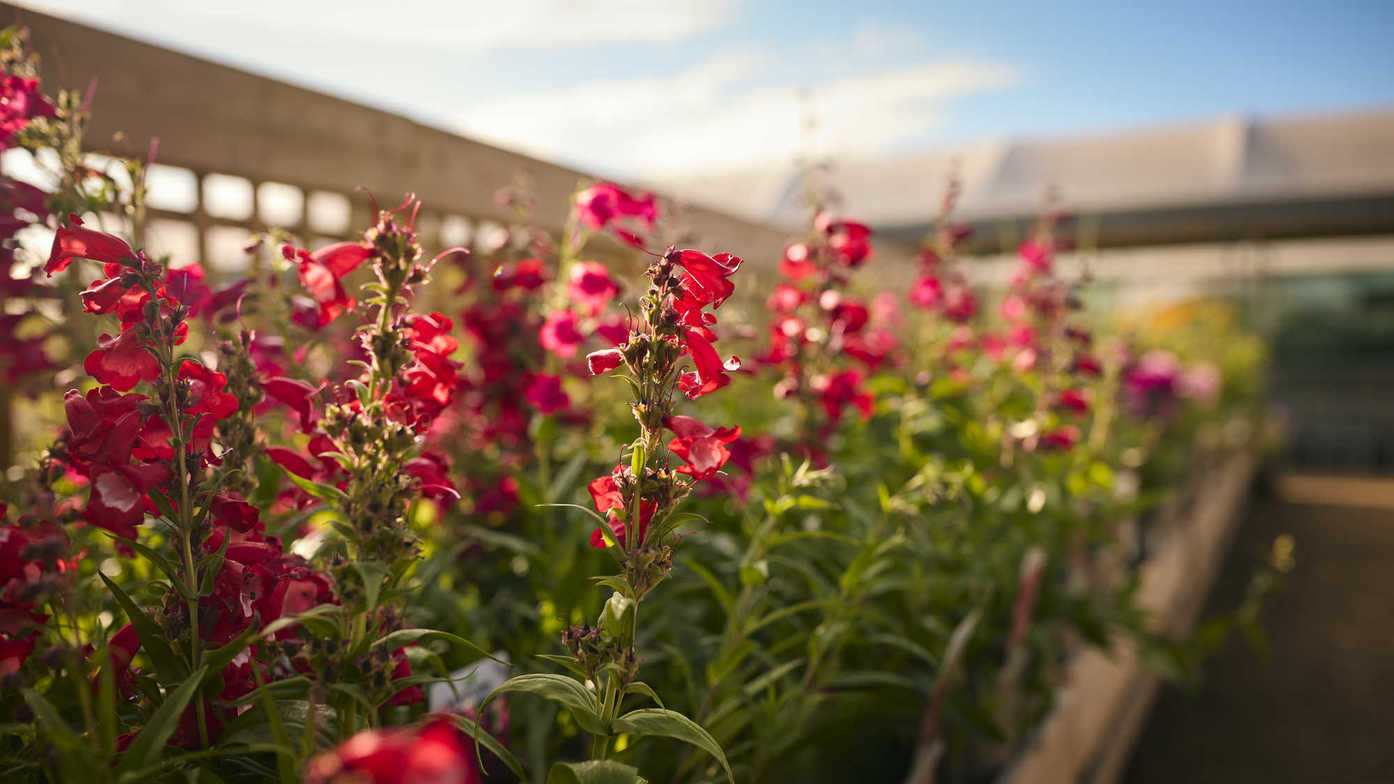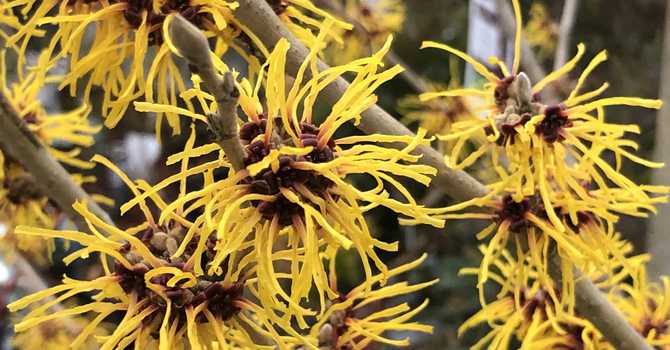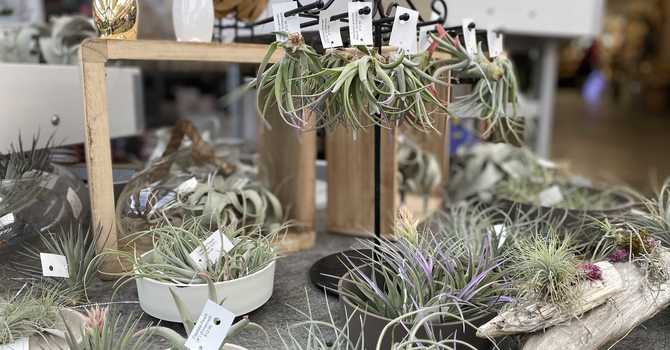
Keeping your indoor and outdoor plants healthy and thriving can be a challenge, especially when pests and diseases threaten to wreak havoc on your greenery.
The good news is that you can employ plenty of natural methods to manage pests and diseases without resorting to harsh chemicals.
In this post, we'll explore some simple yet effective techniques to keep your plants pest-free and disease-resistant, both indoors and outdoors.
You've put time and effort into cultivating a lush garden, only to find it attacked by pests and diseases. It's disheartening to see your plants suffer, and you're searching for safe and effective solutions.
There are natural ways to manage pests and diseases that won't harm your plants or the environment. By incorporating these methods into your plant care routine, you can enjoy healthy, thriving greenery year-round.
How To Prevent Pests From Ruining Your Plants
-
Preventative Measures: Start by practicing good plant hygiene. Remove dead or diseased foliage promptly, which can attract pests and harbor disease. Keep your plants well-spaced to promote air circulation and avoid overcrowding, creating favorable conditions for pests and diseases to thrive.
-
Natural Pest Control: Introduce beneficial insects such as ladybugs, lacewings, and predatory mites to your garden. These natural predators feed on common garden pests like aphids, mites, and whiteflies, helping to keep their populations in check. You can also use homemade insecticidal soaps or neem oil sprays to target soft-bodied pests while minimizing harm to beneficial insects.
-
Disease Prevention: Apply preventative measures to reduce the risk of plant diseases. Avoid overhead watering, as wet foliage can promote fungal growth. Water your plants at the base to keep leaves dry. Mulch around the base of plants to suppress weeds and maintain soil moisture levels, which can help prevent stress and disease.
-
Organic Remedies: Utilize organic remedies to treat common plant diseases. For fungal infections like powdery mildew or black spot, try spraying affected plants with a solution of baking soda and water. For bacterial infections, apply a mixture of hydrogen peroxide and water. These natural treatments can help manage disease without harmful chemicals.
Here are some of the questions we get asked the most:
-
What are some natural ways to repel common garden pests? Planting pest-repelling herbs like basil, mint, and rosemary can help deter pests from your garden. Additionally, companion planting can disrupt pest cycles by attracting beneficial insects or repelling pests with strong scents.
-
How can I prevent indoor plants from succumbing to pests and diseases? Regularly inspect indoor plants for signs of pests or disease, and quarantine any affected plants to prevent the spread. Keep indoor plants well-watered but not soggy, and avoid placing them in drafty or excessively humid areas.
-
Are there natural alternatives to chemical pesticides for controlling garden pests? Yes, there are several natural alternatives, including insecticidal soaps, neem oil, diatomaceous earth, and companion planting. These options are safer for beneficial insects and the environment while effectively managing pests.
By incorporating these natural pest and disease management techniques into your plant care routine, you can maintain healthy, thriving indoor and outdoor plants without resorting to harsh chemicals.


